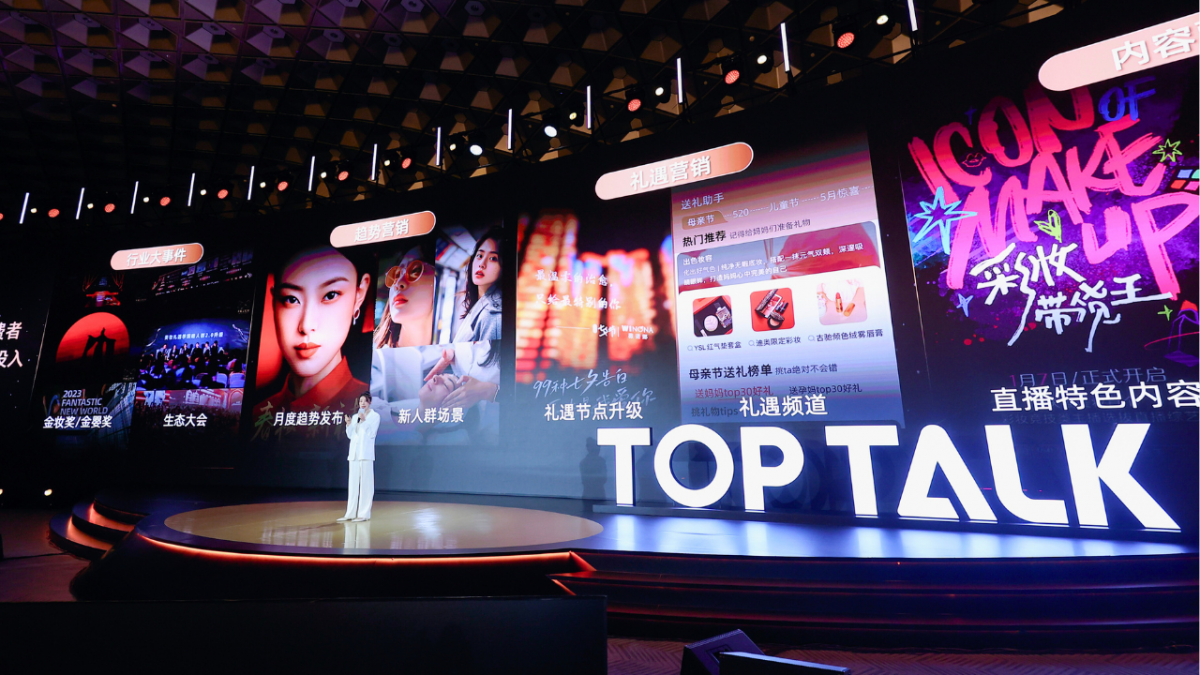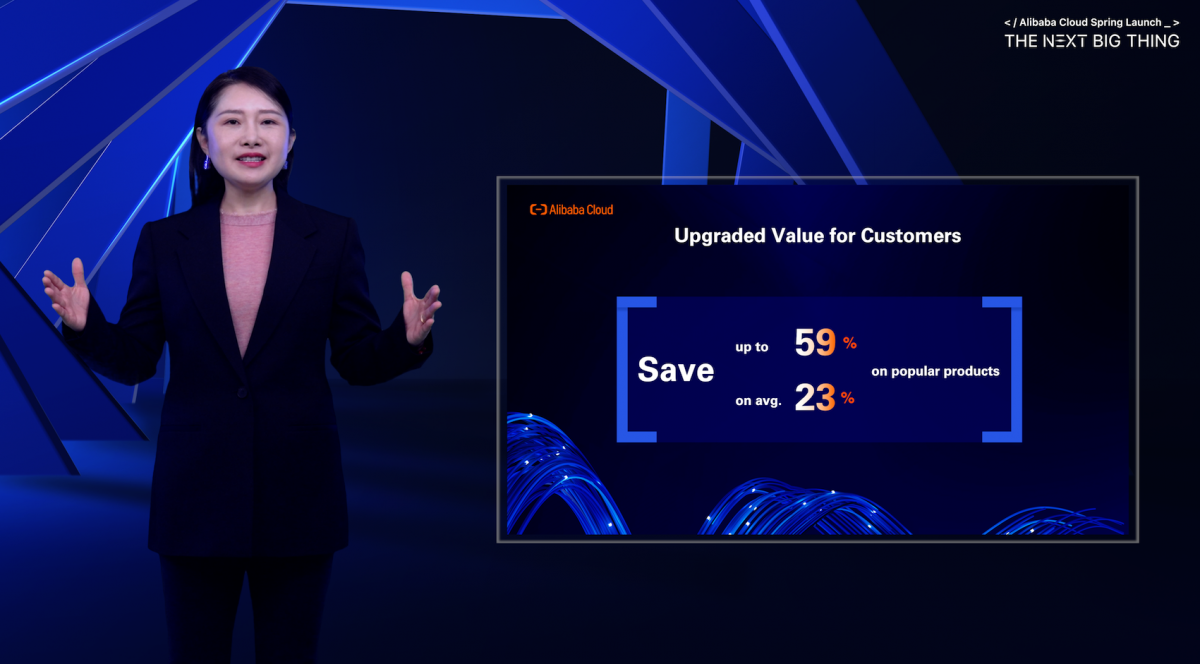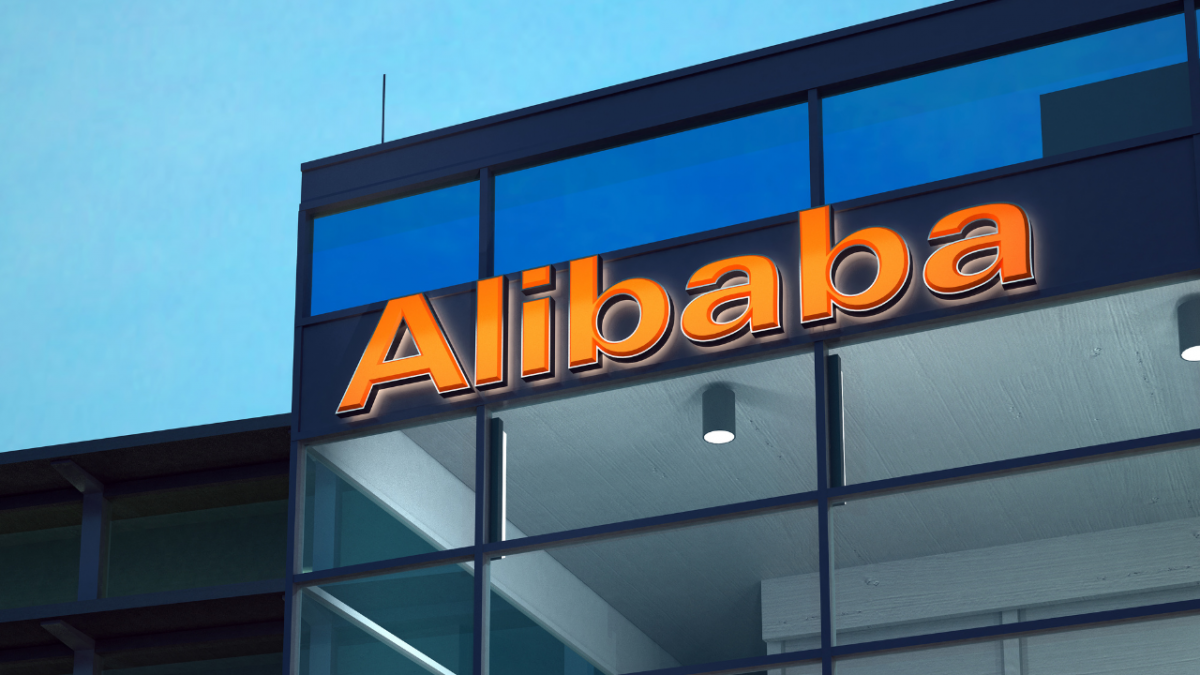
Today’s massive online sales events, like Alibaba’s 11.11 Global Shopping Festival, may seem like the very embodiment of 21st century shopping. However, the idea behind the “sale” dates back well over a century, and the psychology of sales events, the psychology behind what makes sales effective goes all the way back to the early days of human evolution.
The seeds of the modern sales event were planted in the mid-19th century when dry goods merchants across Europe and North America began combining the best elements of emerging technology, economic globalization, and the yet-unnamed science of consumer psychology to create a retail revolution. Advances in transportation and manufacturing meant greater amounts of goods, both local and exotic, were suddenly available. Stores quickly began to grow in size, transforming from one-room shops into massive department stores displaying new offerings from across the globe.
Perhaps the most important innovation affecting the retail industry, however, was the advent of new pricing policies. Shopkeepers had traditionally offered goods at different prices to different customers based on perceived ability to pay, but by the 1860s stores began to charge the same price to all. Then, during the 1870s, Philadelphia department store baron John Wanamaker introduced a radical new invention: the price tag. With “single pricing,” department stores were suddenly in a position to lower prices for all customers on specific items for a limited time, spurring consumer interest and boosting the number of items sold. In January 1878, Wanamaker declared the first “white sale,” a month of discounts on linens and bedding during a time of year when transactions traditionally lagged. Wanamaker’s promotion was a huge success, and the seasonal sale has been a staple of retail ever since.
“Sales hit us on a deep psychological level,” says Kit Yarrow, a consumer psychologist and professor emerita at Golden Gate University. “For example, (the limited time of) sales really inspires a fear of missing out on deals. The sense of urgency makes people want to shop early and often.” The idea of missing out, combined with the idea that another shopper may beat you to the deal, is a powerful motivator. “Humans evolved in a time when scarcity meant danger,” continues Yarrow. “So we still respond viscerally to situations that signal scarcity.”
Over time, retailers recognized the power of perceived scarcity, especially the impact of limited-time prices. As the concept spread, sales became shorter to stimulate interest. Seven decades after Wanamaker’s first month-long white sale, Philadelphia police began describing the mayhem surrounding the multitude of one-day sales the day after Thanksgiving as “Black Friday.”
The principles behind the sale changed little from the first white sale to Black Friday. Some analysts anticipated major changes with the rise of online retailers, but e-sales like those held on Cyber Monday and Alibaba Group’s 11.11 Global Shopping Festival are demonstrating the fundamentals persist. “One-day online sales inspire a sense of competition among shoppers as much as one-day sales in brick-and-mortar stores,” says Yarrow. “On Black Friday people use certain techniques to ‘win,’ like lining up early to grab the limited amounts of sale goods. They still do these kinds of things for online sales, like making sure they have their credit card and other billing information keyed up in advance.”
Preparation certainly serves the hardcore online sale shoppers just as much as the Black Friday warriors. In 2014 American consumers, mostly in the U.S., spent more than $2 billion during Cyber Monday, with many sale items sold out in the first few hours. During its annual 11.11 sale last year, Alibaba’s total GMV exceeded $157.6 million in the first three minutes of the sale.
The power of online sales also harkens back to the emerging technologies—increased stock, global products, etc. —that drove the retail revolution of the 19th century. During Alibaba’s upcoming 11.11 festival, to be held Nov. 11, the e-commerce giant expects to offer through its online marketplaces more than 6 million products from 40,000 participating merchants, including 5,000 international brands from 25 countries. Alibaba will be adding to the mix mobile shopping and so-called “omni-channel” retailing technologies, which mix e-commerce with physical stores to make shopping more convenient for consumers.
Ultimately, it is the sale that is likely to be the most enduring aspect of the old retail model in the new digital age. “There is not a huge difference psychologically between an online sale and a store sale,” notes Yarrow. “We respond to sales because of DNA that goes back to caveman times.” Even though failing to grab a particular item at the right time no longer means the same type of danger it meant to our Paleolithic ancestors, our brains still fear missing out. Online sales events are just the newest way of tapping into some of our oldest psychological tendencies.




